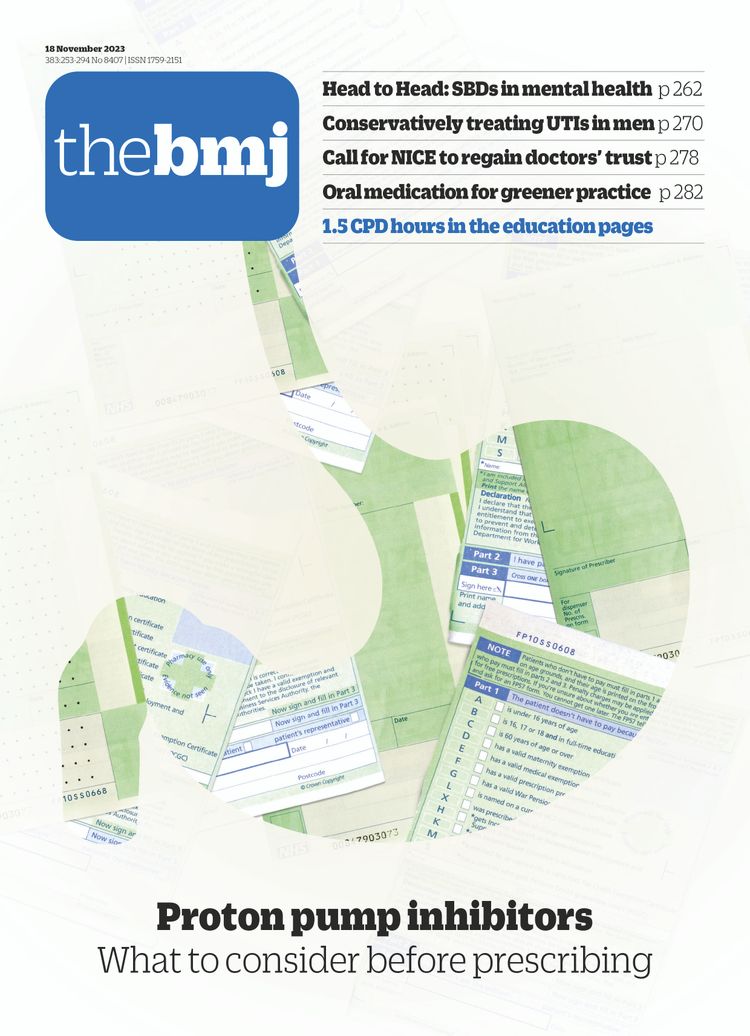The English football team has a new story, but we badly need ones ...

“England needs to learn how to lose” was, I thought, the most important phrase in James Graham’s wonderfully entertaining and thought provoking play Dear England. They were said by Pippa Grange, a psychologist, to Gareth Southgate, the manager of the England football team. She may have been talking about the football team, or she may have been talking about the whole country and its institutions, including the NHS.
The play tells the story of Southgate’s time as manager of the England team, but the fleeting appearances of gormless prime ministers make clear that a broader message is intended. The play begins with the defining moment in Southgate’s career as a footballer when he failed to score a penalty in England’s semi-final match against Germany in Euro 96, causing England to be eliminated. Later in the play we get some idea of how missing that penalty scarred him for life.
Southgate was patronisingly appointed as interim manager until the Football Association could get a proper manager, but from the beginning he said that something was wrong. He wasn’t sure what, but he did know that England had consistently fallen short since winning the World Cup in 1966, often failing even to qualify for major tournaments despite having individually brilliant players. He also observed that England had never—yes, never—won a penalty shootout.
We need, he said to the players and officials, a “new story.” The “old story”—that England were the best team in the world and would soon win more World and European cups—was clearly wrong. He proposed a story in three acts—the present disarray, a second act of reconstruction, and a third act of winning the World Cup not in Russia in 2018, but in Qatar in 2022. The team needed time, but what else did they need?
They needed to be a team not a collection of individuals, and they needed to play without fear. This is where Pippa Grange, a psychologist who worked on culture, entered the picture. The players and other officials thought it nonsense that a psychologist and a woman could help, but Southgate persisted. She wanted the players to bond with each other and even keep a journal.
The test of the team comes when England have a penalty shootout with Colombia in the 2018 World Cup. Penalty shootouts are always high drama, and Graham makes it one of the high points of the play. Although one player misses his penalty, England win, breaking their curse, and the other players console not shun the player who misses.
Southgate, probably unwisely, accelerates his original timetable by going along with the idea that England might win the 2020 (delayed until 2021 because of the pandemic) European championship. England did make it to the final, and Southgate brought on three players, all of them Black, at the end of the match to take the penalties. They all failed to score, precipitating a torrent of racially-charged abuse. Then England are eliminated from the 2022 World Cup in Qatar when Harry Kane, the captain who never misses penalties, misses one against France. The team comforted him, and there wasn’t the abuse there had been after the 2021 failure. That happens near the end of the play, but the play finally ends in joy with the audience joining in to sing Sweet Caroline, the anthem of the English team.
The reinvention, the new story, was not a complete success, but England did do much better than in most of the years between 1966 and 2018. Those in the audience who know something about football also know that the current England team is playing extremely well and “without fear,” as multiple commentators observe.
But if the story is mostly happy for the football team it is not for either the country or the NHS.
The country story is not dissimilar from the old story of the English football team: almost within living memory we had the largest empire the world has ever seen and we “won” two world wars (of course, we didn’t, rather the Americas and the Russians did). We are a great nation, an exceptional one: that’s our story. This is, of course, wrong. We are a small country that is deeply divided and impoverished, has cut itself adrift from Europe, has rapidly declining global influence, and has even become a global laughing stock with its succession of hopeless and dishonest prime ministers. We need a new story and an act of reconstruction—but where is a leader who can guide us through such a process? Nobody is in sight.
The NHS story is also similar to the old story of the football team and the country. We were the first in the world to have universal health coverage (actually we weren’t), and the NHS is the best health system in the world and universally admired (although never copied, as many have observed). The story is also wrong. The NHS is struggling with huge waiting lists, poorer results than many other countries, a demoralised workforce, and many unfilled posts; yet it is consuming more and more of public funds, causing underfunding of many other programmes, including many of those that are more important for health. We need a new story, but all we seem to have are variations on the old story.
The play illustrated how reinvention has been possible for at least one British institution, but we badly need new stories for the whole country and for the NHS. Can leaders emerge?
Competing interests: none declared.
Provenance and peer review: not commissioned, not externally peer reviewed.








































